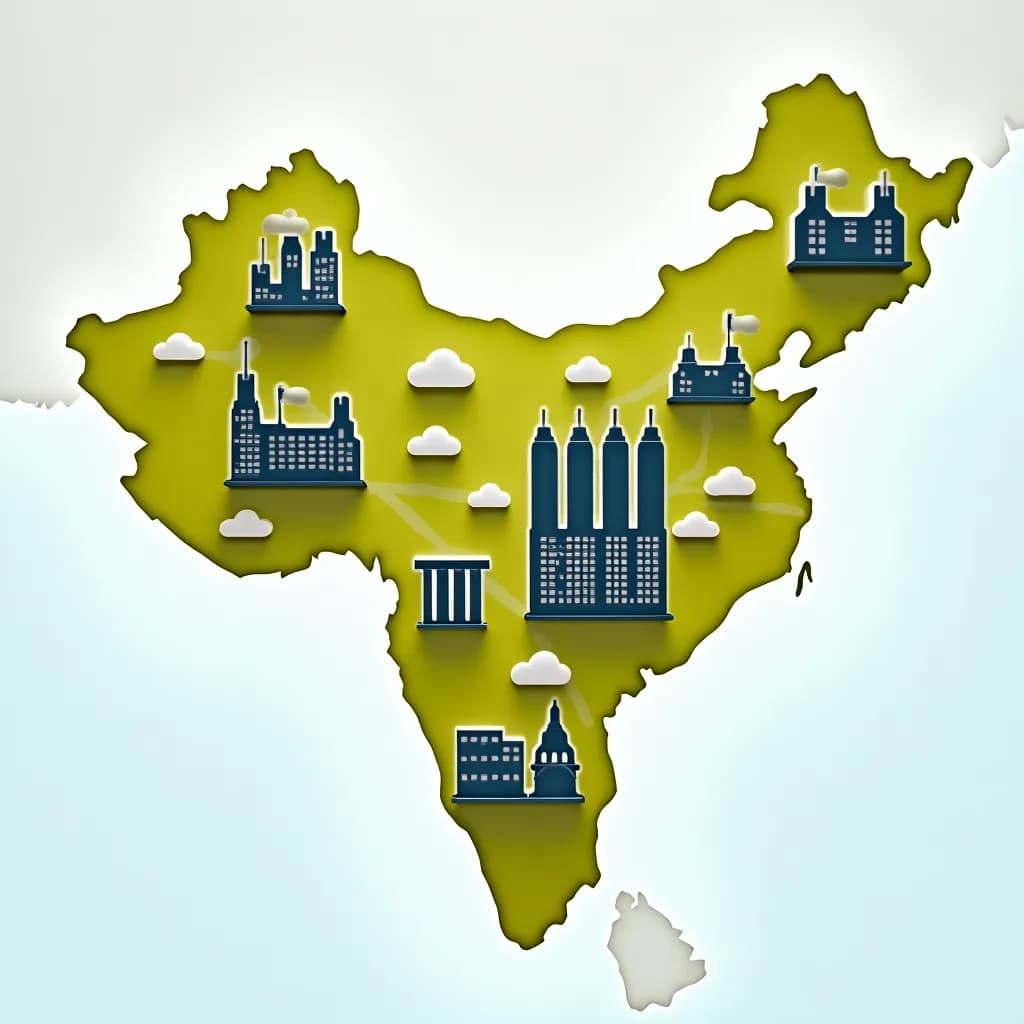**
```markdown
Cultural Politics: How Cultural Shifts are Reshaping Political Landscapes
## Introduction
In an era where cultural dynamics are rapidly evolving, the interplay between culture and politics has become more pronounced than ever. As societies around the world grapple with change, the impact of cultural shifts on political landscapes has emerged as a critical area of analysis. These shifts influence everything from voting patterns to policy priorities, making it essential for political analysts, policymakers, and citizens alike to understand these dynamics. In this article, we delve into the intricate relationship between culture and politics, examining how evolving cultural norms and values are reshaping political landscapes globally.
## The Intersection of Culture and Politics
Culture and politics have always been intertwined, with cultural values often informing political ideologies and vice versa. However, recent cultural shifts—driven by globalization, technological advancements, and demographic changes—are significantly impacting political landscapes. Understanding this intersection is crucial for predicting political trends and formulating effective policies.
### Globalization and Cultural Exchange
- **Increased Connectivity:** The rise of the internet and social media platforms has facilitated unprecedented cultural exchange, leading to a more interconnected global community. This connectivity has resulted in the blending of cultural practices and the spread of ideas across borders. - **Influence on Political Movements:** Movements such as Black Lives Matter and Me Too, which originated in the United States, have found resonance across the globe, influencing political discourse and policy changes in various countries.
### Demographic Changes
- **Aging Populations:** In many developed nations, aging populations are reshaping economic and social policies. For instance, in countries like Japan and Italy, policymakers are focusing on healthcare and pension reforms to address the needs of an older demographic.
- **Youth Activism:** Conversely, younger generations are increasingly active in political movements, advocating for issues like climate change, social justice, and digital rights. According to a 2021 survey by the Pew Research Center, over 70% of millennials and Gen Z in the U.S. support more government action on climate change.
## Cultural Shifts and Policy Priorities
Cultural shifts not only influence political discourse but also shape policy priorities. As societies evolve, so too must their policies to reflect changing values and needs.
### Social Policies
- **LGBTQ+ Rights:** Cultural acceptance of LGBTQ+ communities has led to significant policy changes in many countries. Over the past decade, more than 30 countries have legalized same-sex marriage, reflecting a broader cultural shift towards inclusivity.
- **Gender Equality:** The global push for gender equality has resulted in policy reforms aimed at closing the gender gap in education, employment, and political representation. The World Economic Forum's Global Gender Gap Report 2022 highlights how countries like Iceland and Finland are leading the way in gender parity.
### Economic Policies
- **Sustainable Development:** With growing awareness of environmental issues, cultural emphasis on sustainability is influencing economic policies. The European Green Deal, for example, aims to make Europe the first climate-neutral continent by 2050, reflecting public demand for sustainable growth.
- **Digital Economy:** The shift towards a digital economy is reshaping labor markets and economic policies. Governments are investing in digital infrastructure and education to prepare their workforces for the future.
## Conclusion
As cultural landscapes continue to evolve, their impact on politics will only intensify. Policymakers must remain attuned to these shifts and respond with policies that reflect the changing values and priorities of their constituents. For political analysts and citizens, understanding the dynamic relationship between culture and politics is essential for navigating the complexities of the modern world. In this ever-changing cultural and political environment, adaptability and foresight will be key to building inclusive and resilient societies.
As we move forward, the question remains: how can societies balance tradition with progress to foster political systems that truly reflect the diverse cultures they represent? This is the challenge and opportunity that lies ahead in the realm of cultural politics. ```






